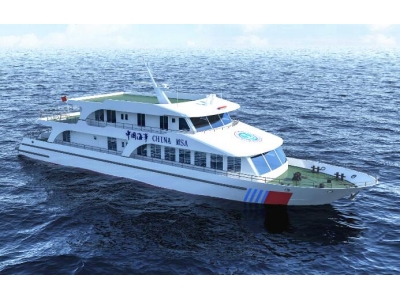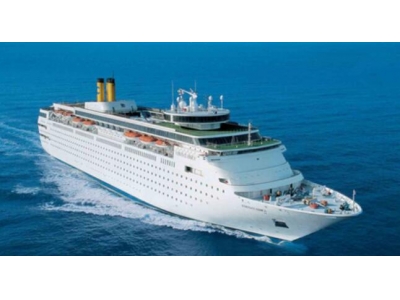Introduction
Ship fueling is a crucial aspect of maritime operations. It involves the process of supplying fuel to ships, ensuring their smooth operation while considering efficiency and safety. In this article, we will delve into the importance of ship fueling and discuss its various aspects.
The Significance of Ship Fueling
Ship fueling plays a vital role in maintaining the smooth functioning of marine vessels. It involves the supply of fuel to power ships, enabling them to navigate through the vastness of the seas. Without proper fueling, ships wouldn't be able to operate efficiently or safely, affecting trade, transportation, and overall maritime activities.
Efficiency, in terms of fuel consumption, is a key consideration for ship fueling. By optimizing fuel consumption, ship operators not only reduce costs but also minimize environmental impact. Achieving fuel efficiency requires employing advanced technologies, implementing fuel management systems, and adhering to industry standards and regulations.
Fueling Methods and Technologies
Ship fueling can be conducted through various methods, each with its own set of advantages and considerations. The most common fuel types used in maritime operations include diesel, heavy fuel oil (HFO), and liquefied natural gas (LNG).
Traditionally, ships have relied on HFO as their primary fuel source. However, due to concerns over emissions and environmental impact, alternative fuels like LNG have gained popularity. LNG is considered a cleaner-burning fuel that produces fewer greenhouse gas emissions, making it an attractive option for ship fueling.
Another evolving technology in the marine industry is the use of fuel cells, which convert chemical energy directly into electrical energy. Fuel cells are known for their high efficiency and low emission levels, further contributing to greener ship fueling practices.
Safety Considerations
Safety is of paramount importance in ship fueling operations. Fuel transfer must be carried out with caution to prevent accidents, spillages, or fires. Ship crew members responsible for fueling operations receive extensive training to ensure safe handling of fuel and to respond effectively in case of emergencies.
Furthermore, proper storage and maintenance of fuel tanks and equipment are critical to minimize risks. Regular inspections, leak detection systems, and adherence to safety protocols help prevent potential hazards and protect both the crew and the environment.
Conclusion
Ship fueling is a pivotal aspect of maritime operations, guaranteeing the efficiency and safety of vessels. By prioritizing fuel efficiency, exploring alternative fuel options, and adhering to stringent safety measures, ship operators can contribute to both environmental sustainability and the smooth functioning of the maritime industry as a whole.
Thank you for reading this article on ship fueling. We hope it has provided valuable insights into the significance of proper fueling practices in the maritime sector.


